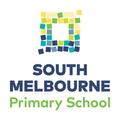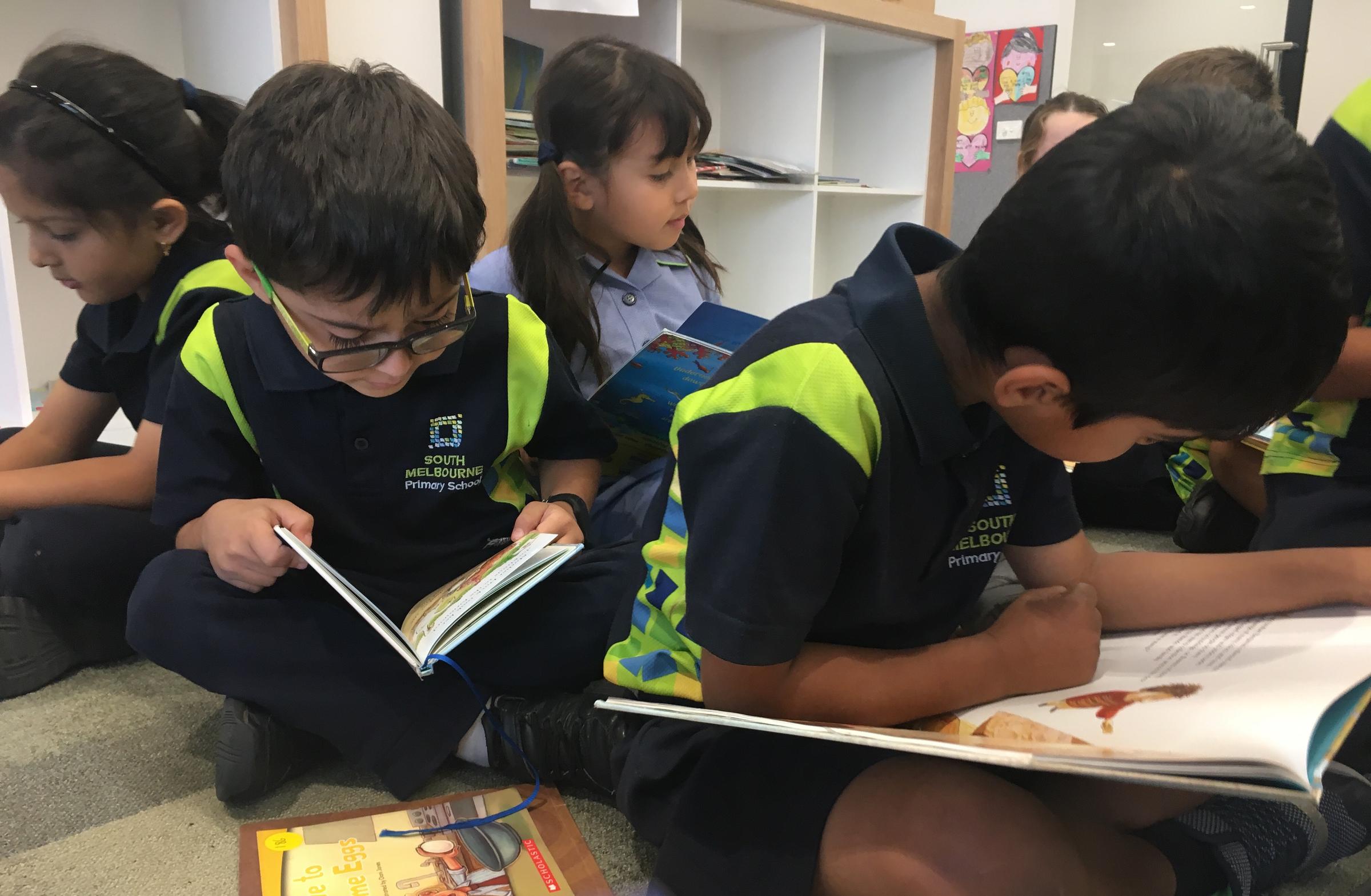Level 3 (Grade 1)
Curriculum Newsletter
This week's Newsletter is all about what we will be learning in Term 2.
Reading
This term we will be building our students' independent reading skills. We will be focusing on building fluency, accuracy and comprehension skills when reading. Each student will have an individual reading box which will hold both fiction and non-fiction books pitched at the students reading level. Students will select ‘just right’ books from the classroom library to read. Choosing a just right book is a skill students are still developing.
The student meets regularly with their teachers one on one to hold a 'reading conference'. During these reading conferences, students and teachers discuss the text and identify a reading goal for the student to work to towards (i.e. pausing at full stops.)
This term we are teaching students to think deeply and seek to understand the story they are reading. Some comprehension questions you can ask your child at home when reading are:
- What do you think this story will be about?
- What might happen in the story?
- What is happening in the pictures?
- How is that character feeling?
- What is your favourite part and why?
- What was the most interesting/exciting part of the book?
- Did you like this book? Why? (Encourage children to develop their opinion about books by encouraging them to explain their reasons)
- What sort of character was….?
- Why did that character do … (give a situation/ event from the story)?
- What happened in the story?
Inquiry
This term in Inquiry, students will explore the topic of sustainability and will gain an understanding of their need to take responsibility of looking after our environment so that it is preserved for future generations. Through this unit, students will have opportunities to investigate how we can sustain our environment by reducing, reusing, and recycling. They will also participate in an experiment that determines how long different materials take to decompose. Lastly, Students will be encouraged to seek out answers to questions such as:
- How can we leave a tiny footprint on the environment?
- Do we know what we can reuse, reduce, and recycle?
- How can we set goals and influence others to look after our environment?
We thank the parents of the community are continuously volunteering their time to organise and implement the new waste management system that support our learning of Reuse, Reduce, Recycle.
Writing
This term, we will be taking advantage of the experiences the students will be involved in and use that as the stimulus for their writing. This means students will been learning to write for a particular purpose and audience through everyday functional texts. As a way to support the learning done inquiry unit on sustainability, students will also be following the writer’s process (plan, draft revise, edit, publish) to create and Information Report and also write and present a speech to their class.
Through these different text types, students will be supported to:
- Write letters the correct size and shape on dotted thirds
- Generate ideas and provide details about events or topics
- Organise their writing so that makes sense and is easy to follow
- Accurately spell words with regular spelling patterns to write predictable words
- Use their knowledge of letters and sounds to attempt unknown words
- Use capital letters and full stops appropriately
- Re-read their writing to add or change words so that it makes sense and check that punctuation marks are used in the right spot (capital letters, full stops, exclamation and question marks)
Numeracy
In Numeracy this term students will be deepening their number knowledge through the place value system. Investigating into patterns and number relationships whilst ensuring that they can use a wide range of strategies and ‘tools’ to show their thinking and understanding.
Their Mathematical Toolkit consists of:
- Number charts
- Number lines
- Tens frames
- Bundling sticks
- Counters
- MAB Blocks
Students will be unpacking the purpose behind tasks and questions to enable them to ‘prove their thinking’ working through tasks, discussing them and reflecting on the intentions.
They will build on their Fluency, Understanding, Reasoning and Problem Solving skills around skip counting by twos, fives and tens.
Questions prompts to deepen a student’s thinking might be:
- Can you show me how you worked it out a different way?
- Can you start that counting pattern from a number other than zero?
- Can you think of a real life problem when I would need to use that type of counting?
- When presented the question, Can you figure out the important numerical information you might need to work out an answer?
- Can you explain your numerical answer in words?
Homework
Throughout the term to further consolidate student learning we expect students to be accessing tools and strategies outside the classroom.
Our daily homework expectations include:
Reading: 20min
iPad programs: Minimum of 15 min
- myON
- Reading Eggs
- Mathseeds
- Maths Invaders
Reading: must be at least 4 nights a week
Students have access to the classroom library which has a range of text from fiction, nonfiction and levelled texts. Students can change their books on a daily basis. It is expected that students read a minimum of 4 nights a week. Please write in their Reading Journals when you have heard them read. We will be monitoring their progress and writing comments in these Reading Journals to communicate their progress with you, so it is important that your child’s reading is being communicated. Students can also access a more extensive library through our myON iPad program to further their reading stamina.
High Frequency Words: 5 mins a day
Students have been assessed on the Oxford High Frequency Words 0-400, your child needs to learn and be proficient with these words. Master sheets have already been sent home for your children to access at home. We recommend at least five minutes a day reading and spelling these words, whether it be on the way to school, at the dinner table or even accessing their Reading Eggs program on their iPad.
Letter Sound knowledge: Optional but highly recommended.
If your child needs to practise their sound knowledge they can access our Reading Eggs program on their iPad and continue to progress through targeted lessons for them.
Numeracy: Optional but highly recommended
To build student proficiency in their basic arithmetic we strongly recommend students to be accessing Maths Invaders on their iPads. It takes up to 10 min to finish one level. Your child can also access Mathseeds and continue to progress through targeted lessons for them.
PLEASE NOTE: IPAD USE
We encourage you to engage with your child’s learning in anyway, however with iPad programs we ask you to support your child to work through and persist with their progress on these programs. Your child’s teacher has access to your child’s data from these programs and uses this data to further support their learning in class. Therefore, it is important that it remains accurate to their ability and what they know. If your child needs help with particular aspects of these programs we ask you to find the answer together and not give them the answer. This also applies to the functionality of the iPad, logging on and off applications, opening and closing tabs, etc.
As much as we highly recommend your child to access these rich iPad programs, we also recommend that they are used responsibly. The iPads are used as a learning device so we encourage their use be primarily for educational tasks, using the apps provided. It is important that they aren’t used at least an hour before sleep, as the brain is often activated from the content accessed in the applications and from the screen itself.

